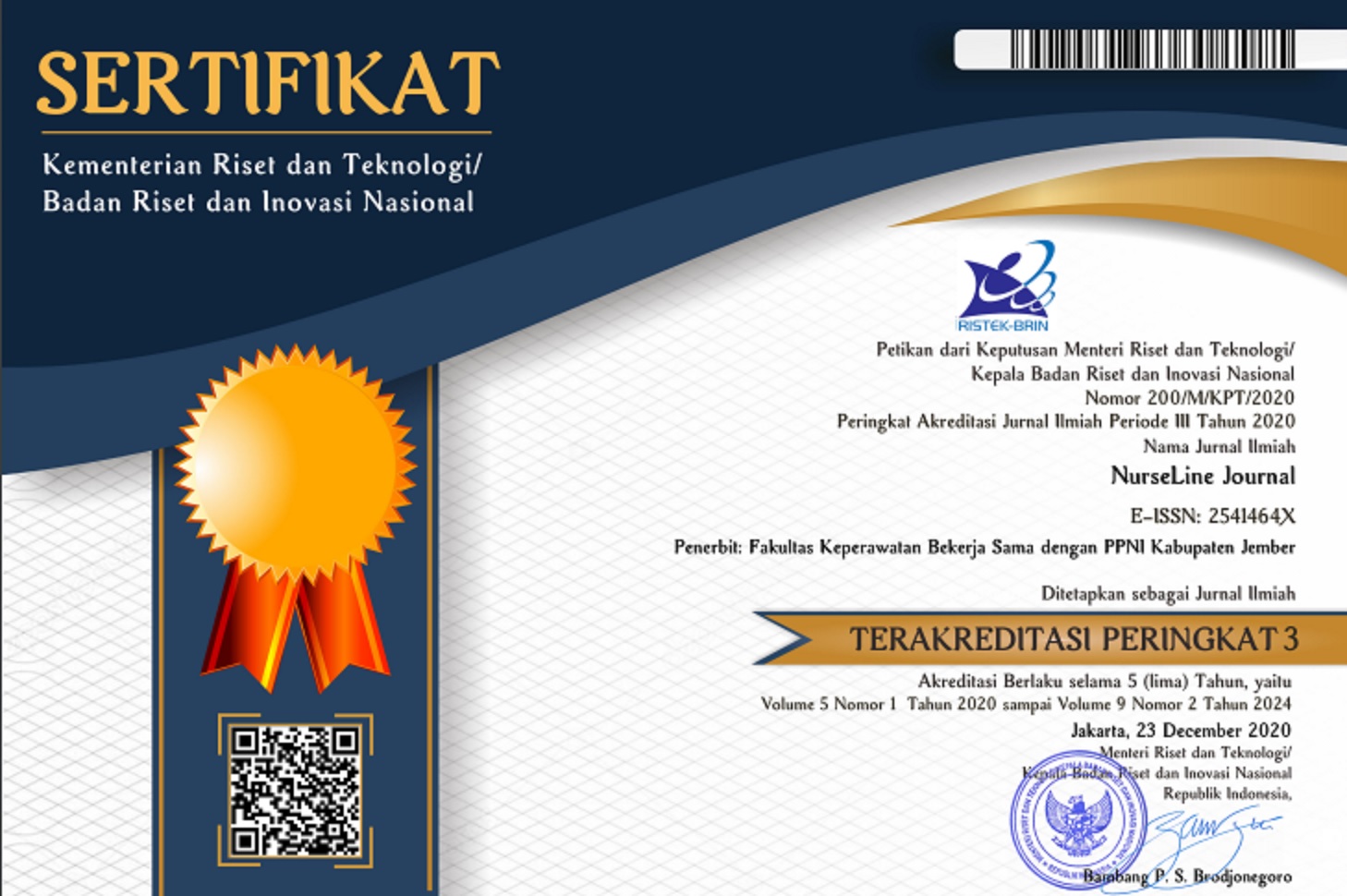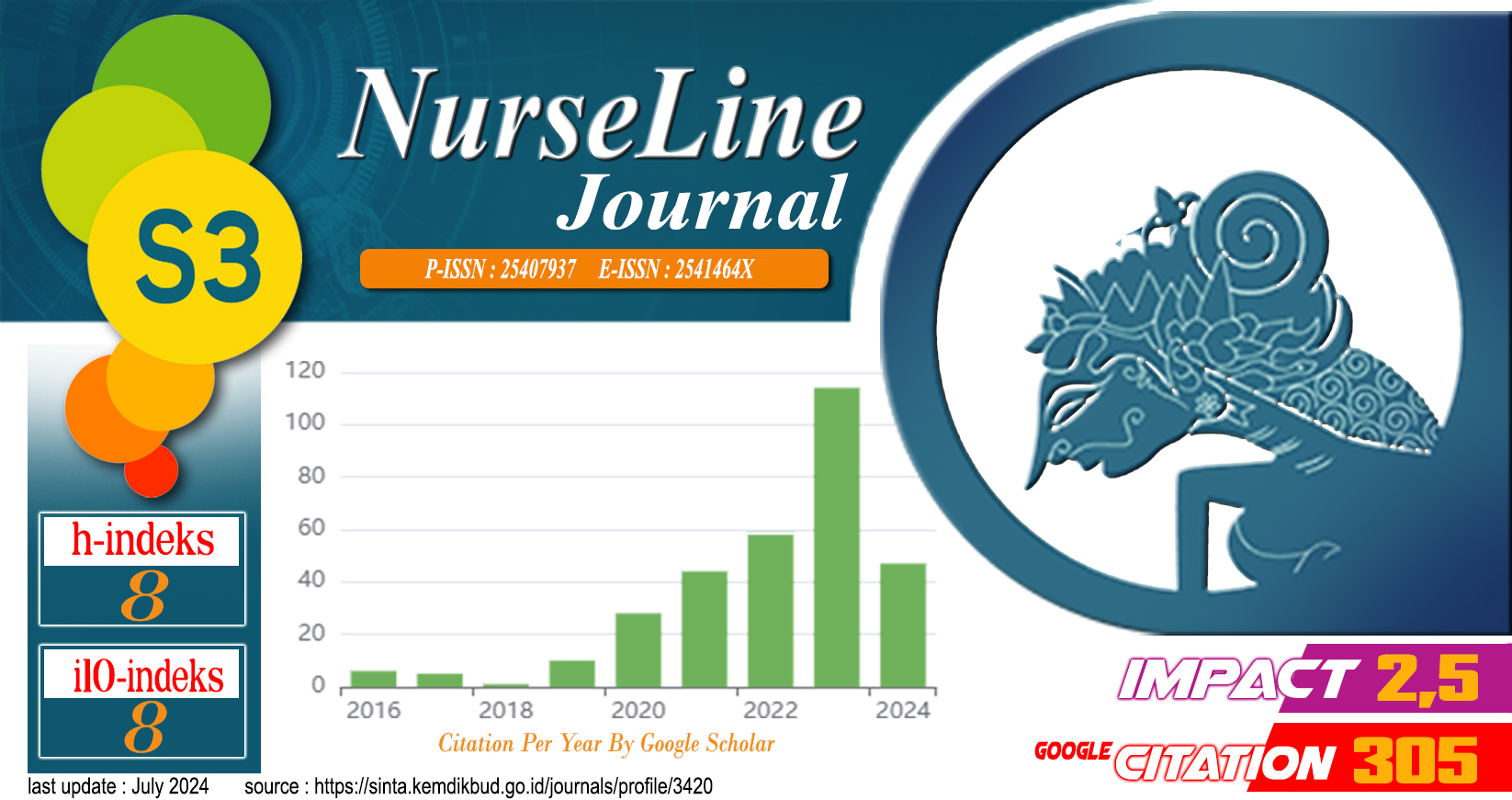JOURNAL ACCREDITATION
Journal_Accreditation
Journal_team
submission
journal-details
JOURNAL DETAILS
suplementary-files
SUPLEMENTARY FILES
issn-barcode
ISSN BARCODE
Print: 2540-7937
Online: 2541-464X
journal-visitors
cross
![]()
NurseLine Journal (NLJ) at https://journal.unej.ac.id/index.php/NLJ is licensed under a Creative Commons Attribution-ShareAlike 4.0 International License.












